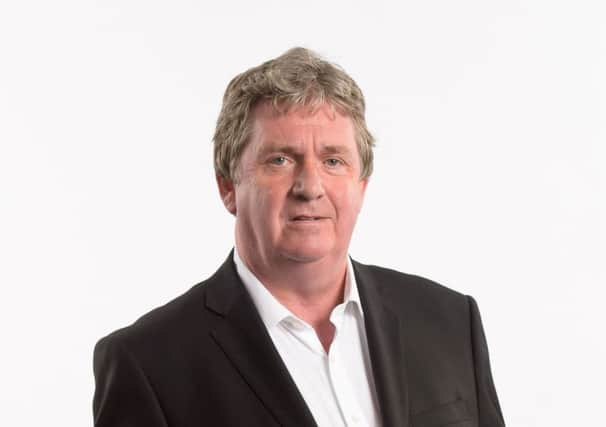Comment: Banks’ capital raising may have hit buffers


But David Cumming, head of equities at Standard Life Investments, is far from alone in wondering whether the pendulum has swung too far and there is no railhead for banks’ capital requirements.
Cumming’s point is that investors in banks, not just the banks themselves, are also now fed up with ever-greater banking stress tests by the regulators, leading to increased demands for banks to set aside ever-more. That can hit earnings and shareholder returns, as well as taking up management time and focus instead of growing the business.
Advertisement
Hide AdAdvertisement
Hide AdThe SLI man focused on HSBC yesterday, where the institution holds a 1.5 per cent stake. He could have been talking about other banks as well, but HSBC has become a lightning rod on the subject because it has publicly said it is formally reviewing whether it keeps its UK domicile partly because of the burden of regulation.
Cumming says the regulators, be it the Financial Policy Committee which monitors systemic credit bubbles, or the Prudential Regulation Authority that monitors the financial strength of individual banks and insurers, keep “moving the goalposts” on what consitutes acceptable core capital ratios.
Cumming goes farther, saying SLI and many other shareholders in HSBC would be supportive if the bank did decide to fold its HQ tent in the UK and take its tax domicile elsewhere. When circumspect fund managers go starkly public on such a thorny issue you know a tipping point may have been reached.
It is a problem faced by even the very best of presidents when they head to the end of their final term. US drugs giant Pfizer has ignored Barack Obama’s disdain of tortuous “unpatriotic” tax juggling by announcing it will buy Botox maker Allergan for $160 billion (£106bn) to create the world’s largest pharma company, based in low-tax Ireland.
The so-called tax inversion deal comes after Pfizer tried a year ago to do the same trick with AstraZeneca in the UK. Pfizer has weighed up the presidential opprobrium and the tax benefits, and guess which has won?